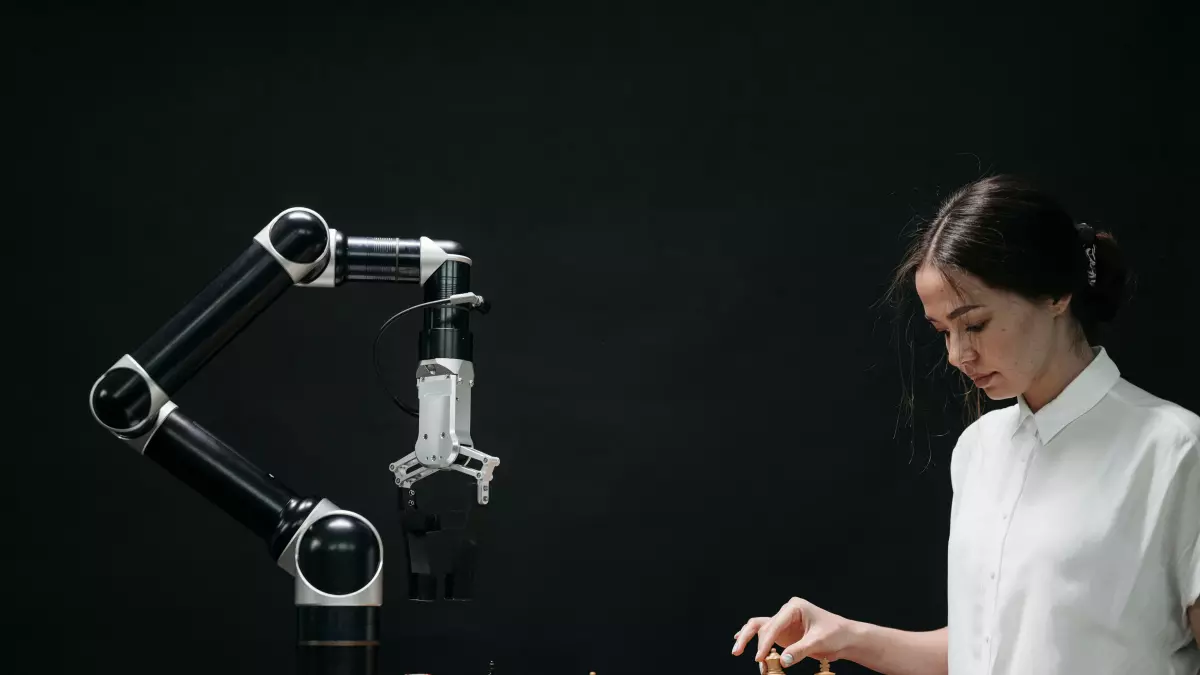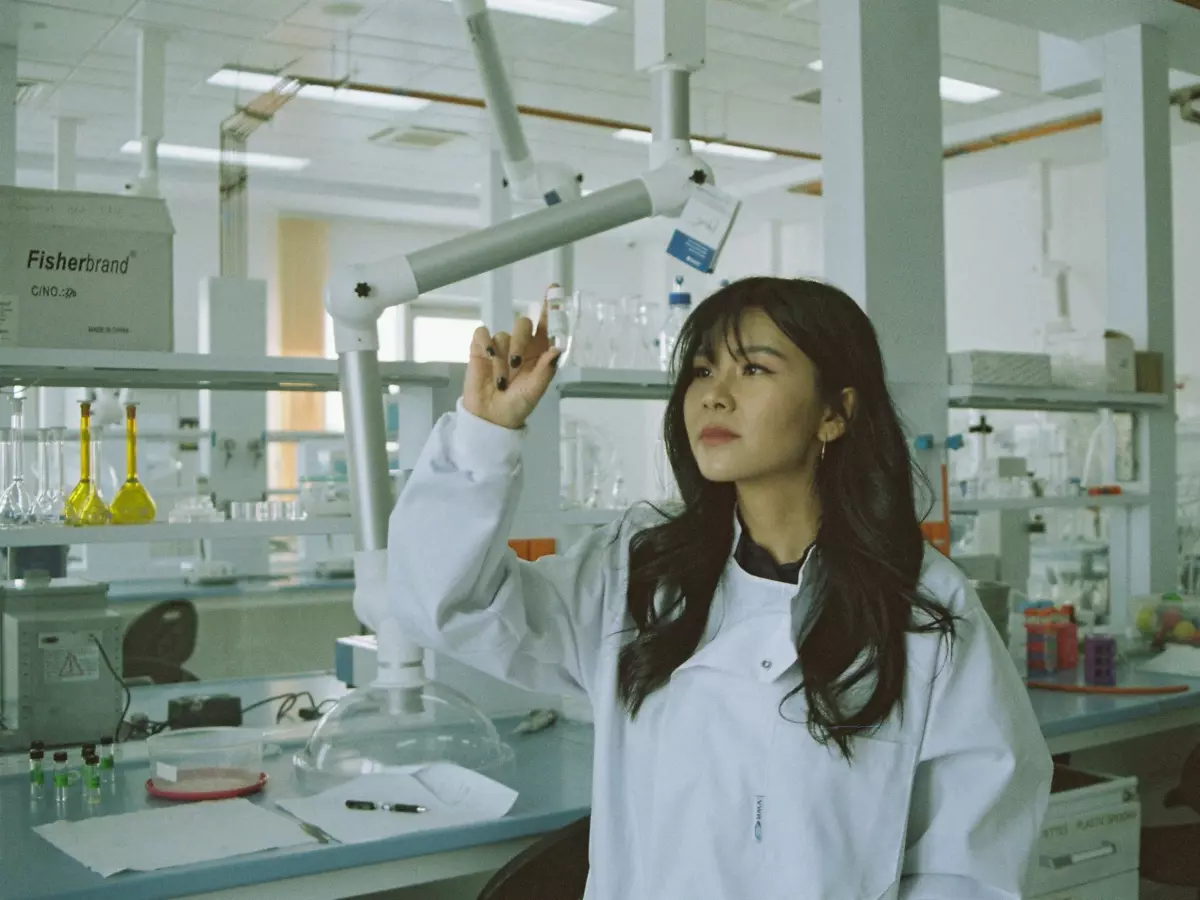Ethical AI Trailblazer
Imagine a world where AI is like a wild horse—powerful, fast, and unpredictable. Now, picture someone stepping in to tame it, ensuring it serves humanity without causing harm. That someone is Dr. Timnit Gebru, a name you might not know yet, but one that’s shaping the future of artificial intelligence in ways that will impact us all.

By Liam O'Connor
Dr. Timnit Gebru is a force to be reckoned with in the world of AI, but not for the reasons you might expect. While many tech leaders are racing to build faster, smarter, and more powerful AI systems, Gebru is focused on something else—making sure AI is ethical, fair, and doesn’t perpetuate the biases that already exist in society. It’s a mission that’s as important as it is challenging, and it’s one that has put her at the center of some of the most heated debates in tech.
Born in Ethiopia and later moving to the United States, Gebru’s journey into the world of AI wasn’t a straight line. She initially studied electrical engineering before diving into computer vision and machine learning. But it wasn’t long before she started noticing something troubling: the algorithms she was working on weren’t as neutral as they seemed. In fact, they were often reinforcing the very biases they were supposed to eliminate.
Take facial recognition technology, for example. According to Gebru’s research, these systems are far less accurate at identifying people with darker skin tones, particularly women. This isn’t just a technical glitch; it’s a reflection of the biases that exist in the data used to train these systems. And when AI is used in critical areas like law enforcement or hiring, these biases can have real-world consequences—often for the most vulnerable members of society.
But Gebru didn’t just point out the problem; she’s been actively working on solutions. One of her most significant contributions is her work on algorithmic fairness, a field that aims to ensure AI systems are transparent, accountable, and free from harmful biases. She’s also a co-founder of Black in AI, an organization that seeks to increase the representation of Black people in the field of artificial intelligence, a space that has historically been dominated by white men.
Her work hasn’t come without controversy. In 2020, Gebru made headlines when she was fired from Google after raising concerns about the company’s approach to AI ethics. The incident sparked a global conversation about the role of ethics in AI development and the responsibility of tech companies to address these issues. Many saw her firing as a sign that Big Tech wasn’t taking these concerns seriously enough, and it led to widespread calls for greater accountability in the industry.
Despite the challenges, Gebru hasn’t backed down. In fact, she’s doubled down on her mission to make AI more ethical and inclusive. She’s currently leading the Distributed Artificial Intelligence Research Institute (DAIR), an independent research organization focused on the social implications of AI. Through DAIR, Gebru aims to create a new model for AI research—one that prioritizes the needs of marginalized communities and ensures that AI is developed in a way that benefits everyone, not just a select few.
What makes Gebru’s approach so revolutionary is that she’s not just thinking about the technology itself; she’s thinking about the people who will be affected by it. In a world where AI is increasingly being used to make decisions about everything from who gets a job to who gets bail, her work is a crucial reminder that technology isn’t neutral. It reflects the values of the people who build it, and if we’re not careful, it can reinforce the inequalities that already exist in society.
As AI continues to evolve, the questions Gebru is raising will only become more important. How do we ensure that AI systems are fair and unbiased? Who gets to decide what’s ethical and what’s not? And how do we hold tech companies accountable when they fail to address these issues? These are the kinds of questions that will shape the future of AI, and thanks to people like Gebru, they’re finally starting to get the attention they deserve.
In the words of Gebru herself: "If we don’t address the biases in AI now, we’re going to bake inequality into the future." It’s a stark warning, but also a call to action. Because in the end, the future of AI isn’t just about what we can build—it’s about what we should build.





